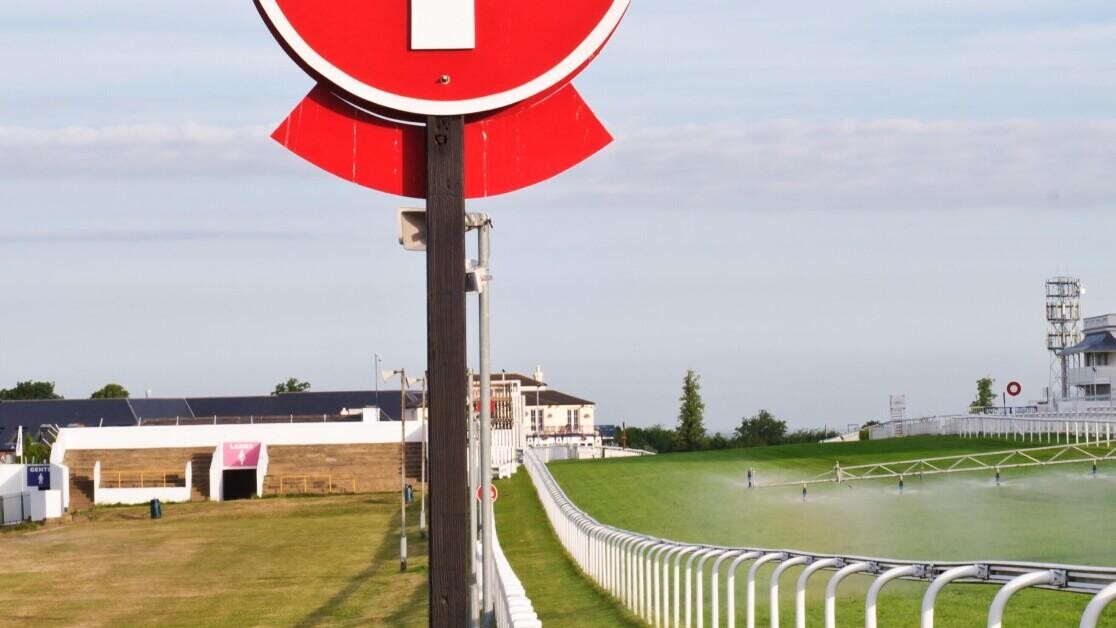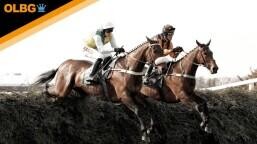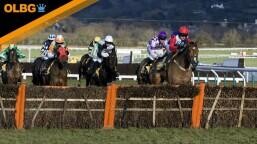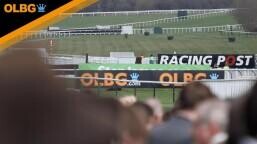
You know how punters get lost in too much data or bet blindly? I break down the stats and trends so you can feel confident you’re betting with more than just gut instinct.
In these days of mobile phones and the internet, on course bookmakers being kept in the dark by a man monopolising a public telephone box at a racecourse sounds almost like make believe, but on 26th June 1975 it happened.
The man behind it was Barney Curley and his horse was Yellow Sam who was available at odds of 20/1 to win the race.
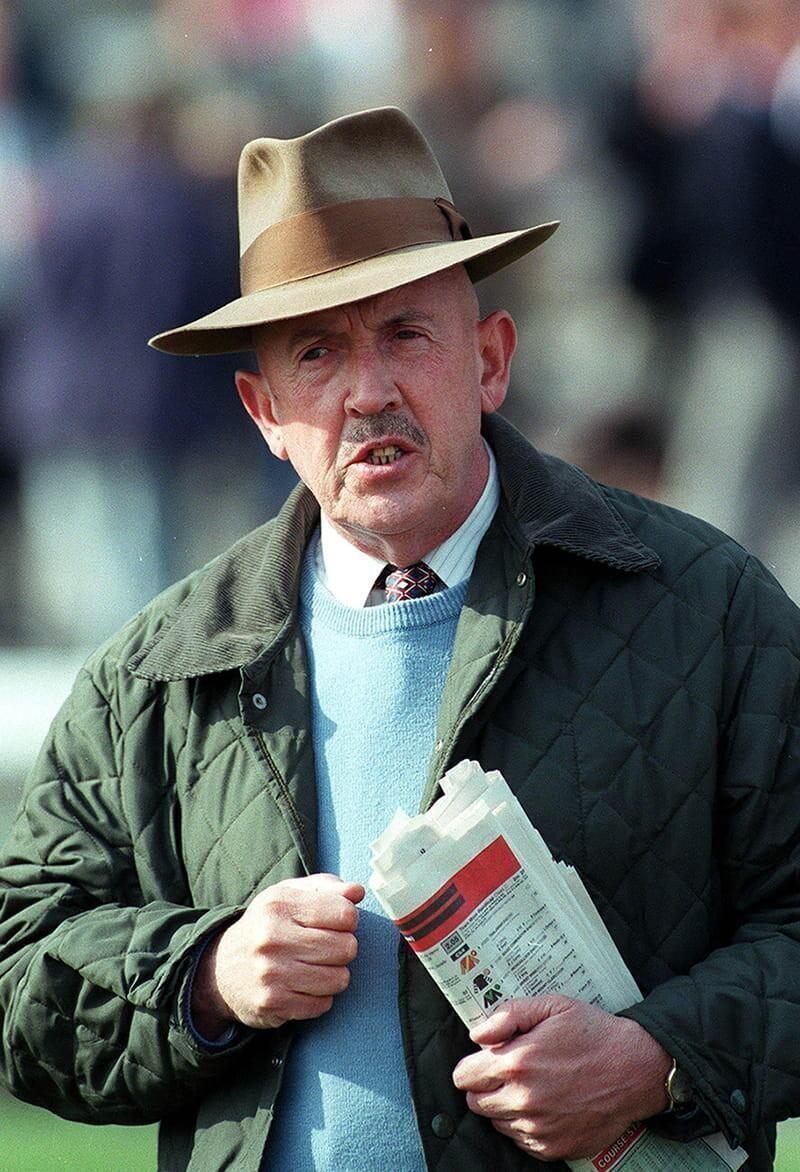
While an accomplice had been on the only ‘phone available at the racecourse.
Curley had arranged for an army of “putter on-ers” to place bets on his horse (he was hiding in some bushes in the centre of the Bellewstown track so his presence wouldn't arouse suspicion).
The plan worked and Yellow Sam's jockey Michael Furlong won the race (ahead of Willie Mullins and Ted Walsh) by two and a half lengths.
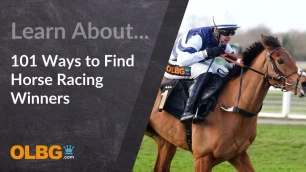
101 Ways to find Winners in Horse Racing
Many would think that this first coup would be enough for Curley, who was by now well known to bookmakers and almost entirely unable to get a bet on himself. Surely it would be the lump of cash that he needed to pay off any debts and then start a new life away from racing.
But no, it would emerge that Curley was not happy with the Yellow Sam coup, in fact that was only the beginning.
Curley invested a lot of the money he made at Bellewstown in a stable of horses that he trained in Newmarket. Unlike many trainers who try and survive from stable fees and from their share of the prize money from their winners, Curley's business model was to train his own horses and to make a living from betting on them.
He did this with a fair bit of success from around 1975 until 2010, when the next major part of the story takes place.
Curley and the small number of people working with him had realised that it would arouse too much suspicion to place large amounts of money in singles on any of his horses, and that a better strategy was a combination of Yankees and Trebles on four horses that Curley either trained or had trained in the past.
Like Yellow Sam, Curley had seen promise in them but there were good reasons why few would think that the horses would win. Many of them had been off the track for a while, and quite a few had struggled in the races that they had run in England (where this coup would take place).
On the day of the races, Curley's gang of putter on-ers walked, cycled and travelled by tube around London and put bets on the horses in a combination of Yankees and Trebles. Beforehand he had calculated the maximum stake he could get away with, without the coup being discovered, and all the putter on-ers were given instructions to bet at just below this stake.
The success of this coup also involved taking the prices; there was no way of preventing the starting prices from being very short given the amounts of money that would be bet on the horses. That coup was less successful since only three of the horses won, although it still made a lot of money.

How Bookmakers Work and Create Odds
Curley was still not satisfied and it was two years ago today that he tried again, this time with all four horses coming in. The Yellow Sam coup could never be replicated nowadays in the days of mobile phones and the internet, but there is much to learn from the 2010 and 2014 coups.
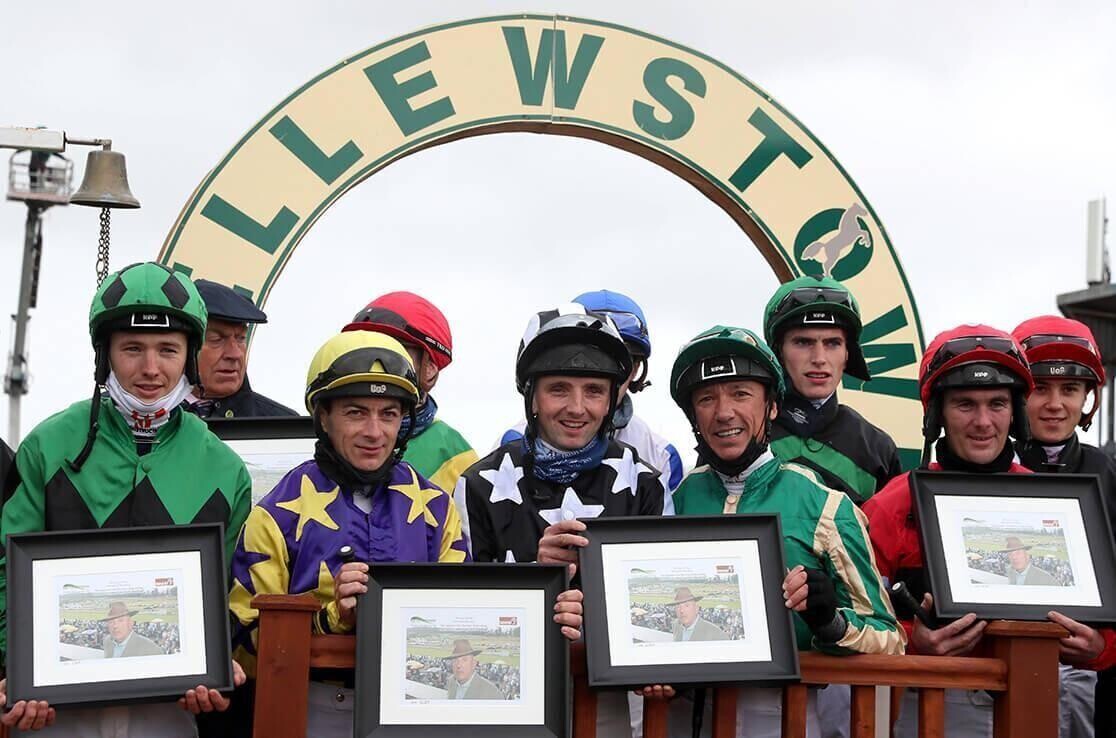
The way that Curley has made his money is effectively by manipulating the handicap marks of his horses. He would either keep the horses off the track or run them in the wrong conditions so that the expectations in the mind of the handicapper were much lower than they should be.
Curley didn't break the rules of racing, he never sent horses out as non triers, he might have sent them over a trip where he knew they wouldn't win, but he would never tell a jockey to lose deliberately.
Curley has deprived bookmakers of a lot of money, but it is important to remember that this is money that originally came from punters, and while Curley is cashing in on 20/1 shots, ordinary punters are backing other horses without the benefit of Curley's insider knowledge.

Best Odds Guaranteed Sites UK – Compare Bookies’ BOG Times & Offers
The question might be asked, if Curley didn't break the rules, then should the rules be changed so that someone who did the same thing now would be breaking them?
Of course this is not for Barney Curley to answer, he has no control over the rules of racing and all that he has done is exploit rules (which are the same for all trainer and punters) to his own ends.
But perhaps racing as a sport does need to think about it. That said, I am sure many trainers have attempted to pull off similar coups to the one that Curley has and the fact they have largely failed, shows that what Curley has done is not easy and isn't something that is going to be happening all the time.
In a system where the BHA Handicappers have to decide how good a horse is, but have no say over which races horses take part in, there will always be the potential for things like this to happen. It is the connections who control entirely which races their horses run in and they might know that a horse runs best on a certain type of ground over a certain distance, but there are no rules to say that the horse can only compete in these conditions.
If it is decided to run the horse over a much longer trip and on much softer ground than is ideal, no rules are being broken. We have no right to be surprised if the horse then wins on favoured ground and over the preferred trip.
Some people will point to what Curley did and say that it is evidence that the rules of racing need to be changed. One answer might be to have some sort of rule where horses had to race in certain races. Like for example in boxing where there are mandatory challengers for a belt.
But this would be extremely complicated in a sport with events taking place nearly every day of the year and there is no guarantee that the powers that be would that be would get it right and prevent horses going into races on the wrong mark; afterall the only people who have enough knowledge about some horses are the connections.
Perhaps it is better if we simply live with the imperfections of the current system and only back a horse when we are confident that we have enough information about all the horses in a race.
Bettors looking at a racecard with a horse that has raced in drastically different conditions, or one that has been off the track for a while should perhaps not be so quick to write off these horses.

